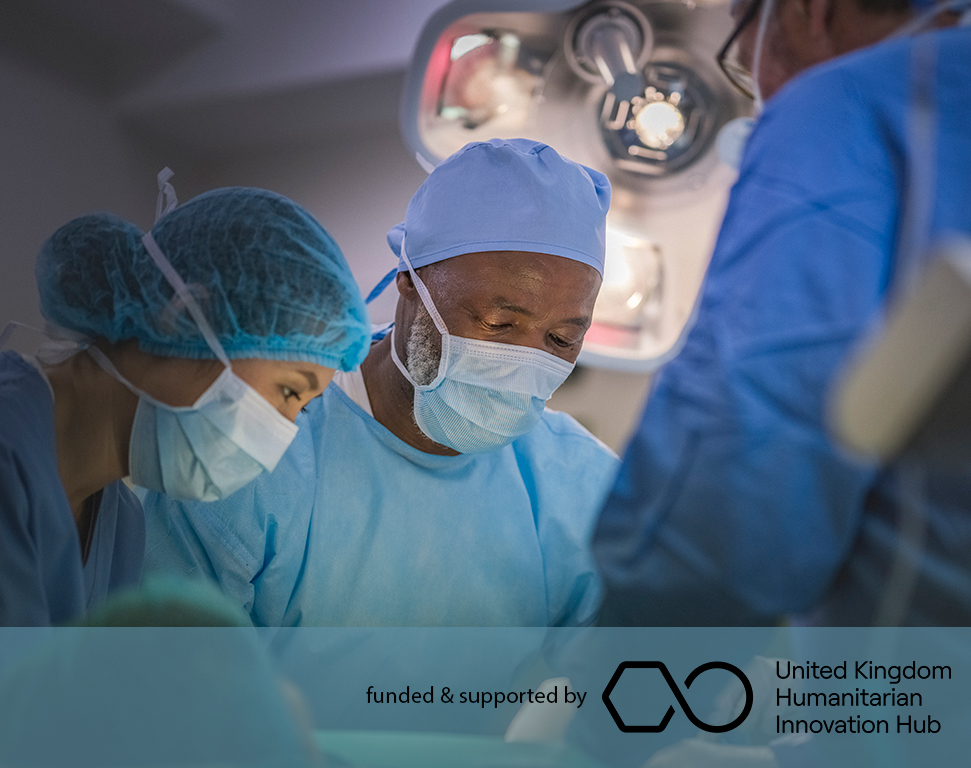The surgical workforce during a conflict
Understanding the challenges facing the local surgical workforce during a humanitarian crisis, conflict or disaster.
"The most timely and cost-effective response to trauma is the one mobilized by the affected country itself.”
World Health Organization Classification and minimum standards for foreign medical teams in sudden onset disasters (Norton I, von Schreeb J), 2013.
Very little is known about surgeons from countries affected by war and conflict and how they adapt their surgical practice and education.
The aim of this research is to better understand the impact of major conflicts on the local surgical workforce and health system. This includes understanding the changes in surgical practice and caseload during the crisis, how the surgical care team learns and/or adapts to deal with, amongst other things, new injury modalities and the nature of the interactions (if any) between local and incoming international emergency medical teams. The outcomes of this research will help shape future responses and preparedness strategies and lead to a better understanding of delivering surgery within conflict settings. This research is being led by Dr Isobel Marks, under the supervision of the Global Surgery Policy Unit (GSPU), which is a collaboration between the Royal College of Surgeons of England (RCS England) and the London School of Economics and Political Science (LSE).
Study Design and Methodology
We have interviewed surgeons who have worked in areas of conflict, particularly those who have worked in the region of conflict before the conflict occurred and had experience of performing surgery during the conflict.
In this initial phase, we recruited surgeons based in and/or originally from the Eastern Mediterranean Region (i.e. Middle East and North Africa) but hope to conduct interviews with surgeons in other regions at a later date.
Findings:
We are working on publishing the analysis and finding of this study soon. Keep an eye on this page for further updates

